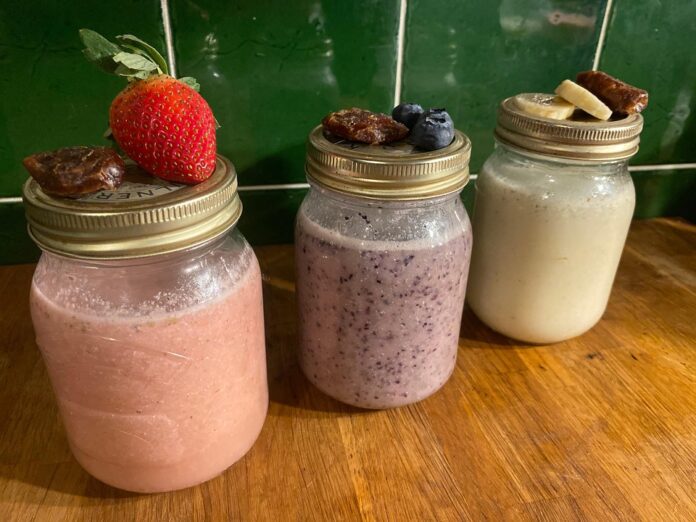Introduction
Hemp milk, almond milk, and oat milk have all gained popularity as dairy alternatives in recent years. Each of these plant-based milks offers unique nutritional benefits and environmental advantages. In this report, we will compare hemp milk to almond and oat milk in terms of nutrition and sustainability, providing a comprehensive analysis of the three options.
Nutritional Comparison
Hemp Milk
Hemp milk is made from the seeds of the hemp plant, which are high in protein, healthy fats, and essential vitamins and minerals. Hemp milk is a complete protein source, meaning it contains all nine essential amino acids that the body cannot produce on its own. It is also rich in omega-3 fatty acids, which are important for heart health and brain function. Additionally, hemp milk is a good source of calcium, vitamin D, and iron.
Almond Milk
Almond milk is made from ground almonds and water, resulting in a creamy, slightly nutty flavor. While almond milk is lower in calories than cow’s milk, it is also lower in protein. However, almond milk is a good source of vitamin E, which is an antioxidant that helps protect cells from damage. Almond milk is also naturally lactose-free, making it a suitable option for those with lactose intolerance.
Oat Milk
Oat milk is made from oats and water, providing a smooth and slightly sweet flavor. Oat milk is naturally high in fiber, which can help support digestive health and regulate blood sugar levels. Oat milk is also a good source of beta-glucans, a type of soluble fiber that has been shown to lower cholesterol levels. Oat milk is often fortified with vitamins and minerals, such as calcium and vitamin D, to enhance its nutritional profile.
Environmental Comparison
Hemp Milk
Hemp is a sustainable crop that requires minimal water and pesticides to grow. Hemp plants also have deep roots that help prevent soil erosion and improve soil health. Hemp milk production has a lower environmental impact compared to dairy milk production, making it a more eco-friendly choice for environmentally-conscious consumers.
Almond Milk
Almond production requires a significant amount of water, with estimates suggesting that it takes over a gallon of water to produce a single almond. This has raised concerns about the water usage and sustainability of almond milk production. Additionally, almond trees rely on bees for pollination, leading to concerns about the impact of almond farming on bee populations.
Oat Milk
Oat production is less water-intensive than almond production, making oat milk a more sustainable option in terms of water usage. Oats are also able to grow in a variety of climates, reducing the need for extensive irrigation. Oat milk production generally has a lower environmental impact compared to dairy milk production, making it a more environmentally-friendly choice.
Conclusion
In conclusion, hemp milk, almond milk, and oat milk each offer unique nutritional benefits and environmental advantages. Hemp milk is a complete protein source rich in omega-3 fatty acids, almond milk is a good source of vitamin E, and oat milk is high in fiber and beta-glucans. When considering sustainability, hemp milk has the lowest environmental impact, followed by oat milk and then almond milk. Ultimately, the choice between these plant-based milks will depend on individual dietary preferences and sustainability concerns.



